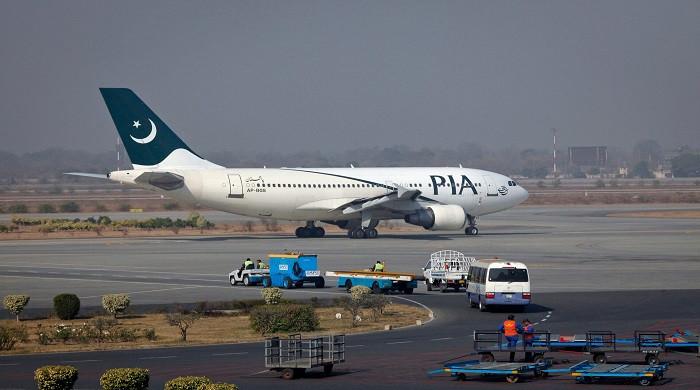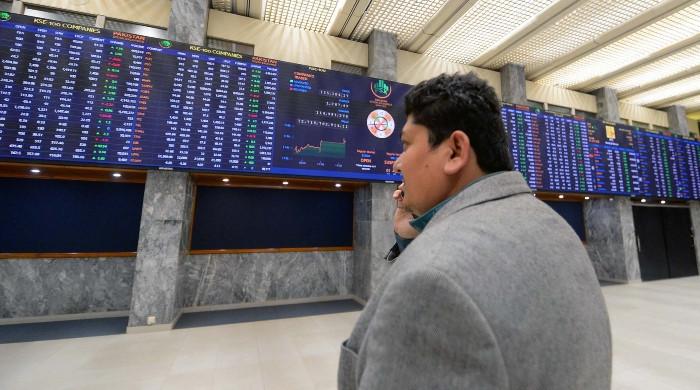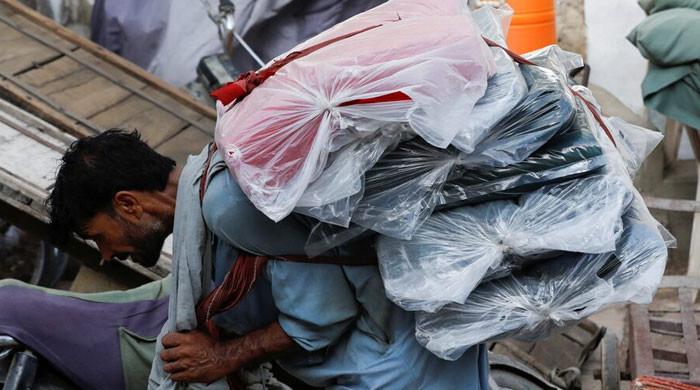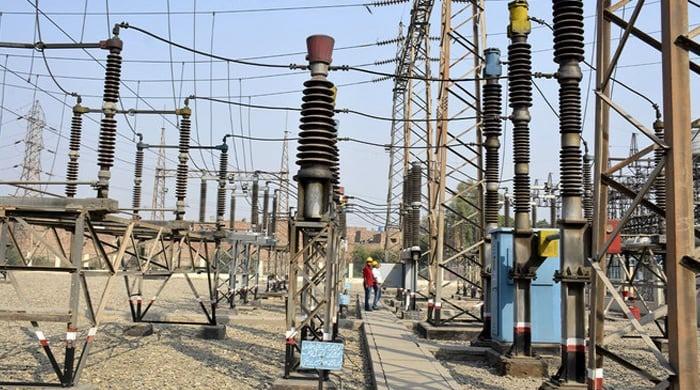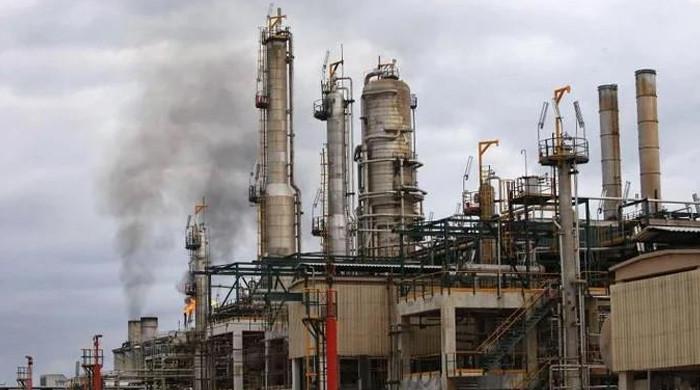No-trust motion leaves IMF-Pakistan review talks in jeopardy
Ongoing staff-level review talks between IMF and Pakistan are jeopardised by political crisis in country caused by no-trust motion
March 15, 2022
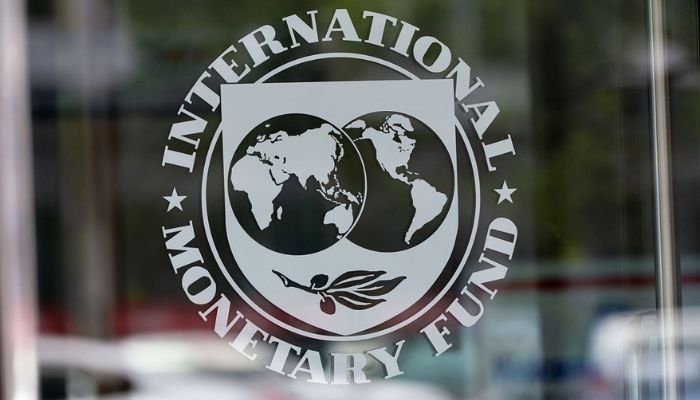
- Ongoing staff-level review talks between IMF and Pakistan are jeopardized by political crisis in country.
- Current political situation has made it impossible for both sides to strike a consensus.
- Rising POL and commodities prices in the international market multiplied the woes of economic managers.
ISLAMABAD: A political crisis in the country is looming over the ongoing staff-level review talks between the International Monetary Fund (IMF) and Pakistan, and a decision on the next loan tranche is likely after an outcome of the no-confidence motion due later this month, officials said on Monday, The News reported.
With no possibility of striking a staff-level agreement until the fate of the no-confidence move is settled, Pakistan and the IMF will continue holding ongoing parleys for an indefinite period to strike consensus on many thorny issues.
Both the IMF and Pakistani authorities confirmed to The News separately on Monday that the ongoing talks were continuing, but none of them gave any time frame when these ongoing virtual talks for completion of the 7th review would be concluded, mainly because uncertainties persist on the political horizon.
It has made it impossible for both sides to strike a consensus on a memorandum of economic and financial policy (MEFP) framework under the IMF programme. Both sides are indicating that the talks will continue and the staff-level agreement will only be possible when the fate of the no-confidence motion is decided.
When IMF’s Resident Chief Esther Perez Ruiz was contacted about the time frame for the conclusion of ongoing talks, she replied, "the authorities and the IMF will continue to discuss recent developments and other measures to promote macroeconomic stability." This scribe also contacted Finance Minister Shaukat Tarin, who said that the talks are "continuing." One top official explained to this scribe that the tax amnesty scheme for the industrial sector did not require a waiver because it was not part of the performance criteria, it was part of missed structural benchmarks that are assessed in the context of overall programme performance.
The official said that the major challenge to striking consensus on MEFP was evolving consensus on external front projections in the wake of an increasing current account deficit because the Fund’s projections proved wrong.
The IMF had projected that the current account deficit would be standing at $12.9 billion for the current fiscal year but it had already touched $11.6 billion in the first seven months (July-Jan) period. If the CAD target was revised upward in the range of $18 to $20 billion for the whole fiscal year 2021-22, then the question arises from where external financing of $5 to $7 billion would be bridged to avoid the depletion of foreign currency reserves.
The rising POL and commodities prices in the international market multiplied the woes of the economic managers but keeping in view increased vulnerabilities on economic and political fronts they did not have much space to manoeuvre through policy prescriptions.
Originally published in The News




